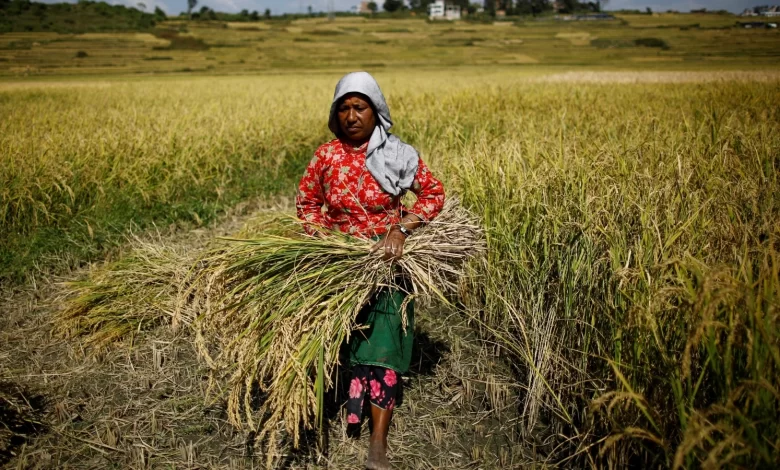Dutch Research Institute Disputes Food Supply Crisis Threatening Several Arab Countries
A Dutch research institute has refuted the food supply crisis threatening several Arab countries

The Dutch research institute “VINK” concerned with Middle Eastern affairs stated that in recent times, the world has witnessed various critical political and economic developments that have exacerbated the global food supply crisis, especially regarding wheat and rice.
Serious Implications
The institute added that it is evident that this crisis will have serious implications on food security in some Arab societies, such as Tunisia, Lebanon, Egypt, and Sudan, where these countries primarily struggle with difficulties in importing basic food necessities. It is also expected that the increased cost of imported food items will exacerbate financial and monetary crises that these countries have been facing for several years.
Wheat Supply Crisis
In July 2023, Russia announced its withdrawal from the “Black Sea Grain Transport Initiative,” which significantly shocked global wheat markets. This initiative, agreed upon by Russia, Ukraine, and the United Nations in July 2022, allowed the resumption of Ukrainian food exports through a safe maritime humanitarian corridor, excluding Russian military activities. In return for these facilitations, Russian food exports were exempted from Western trade sanctions imposed on Russia since the beginning of its conflict with Ukraine.
The institute noted in its report that despite Russia’s withdrawal from the initiative, its departure implies automatic targeting of food shipments from Ukrainian ports to international markets. Russia has already begun doing this by targeting the Ukrainian port of Odessa and its grain storage facilities immediately after withdrawing from the initiative. On the flip side, this development would mean the cancellation of exceptions granted to Russian food exports, allowing them to be shipped without the sanctions imposed on Russia.
Long-Term Crisis
At present, all data indicates that the crisis resulting from Russia’s withdrawal from the grain agreement may extend for several months. Russian President Vladimir Putin is attempting to leverage this situation to pressure Western countries to lift more sanctions imposed on Russia. Simultaneously, after Turkish President Recep Tayyip Erdogan agreed to Sweden’s NATO membership and took actions perceived by Moscow as favoring Ukraine, Erdogan’s ability to mediate with Putin to revive or extend the agreement has diminished, as seen in previous stages.
Indian Rice Export Ban
The report illustrates that India represents the largest exporter of rice, providing more than 40% of the world’s white and basmati rice from Indian farms alone.
However, suddenly, a few hours after Russia announced its withdrawal from the grain agreement, India declared an “immediate” ban on white rice exports, causing significant shock to global rice supplies. This followed Russia’s decision, which had a similar shocking effect on wheat supplies.
This decision was an attempt to lower rice prices in the local Indian market, which had increased by 11.5% over the past year and 3% in the last month. Local rice price hikes are due to climate change repercussions and decreased production rates following a drought that affected large areas of India. Figures show that India exported around 22 million tons of rice last year, half of which is white rice, now subject to export restrictions, clearly indicating the expected decrease in global rice supply.












